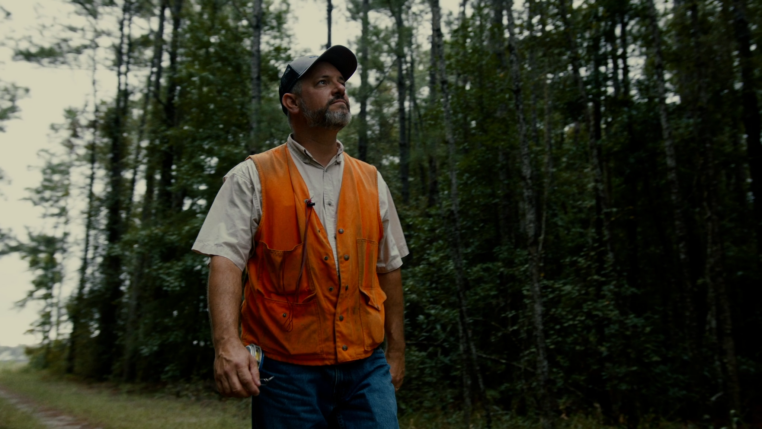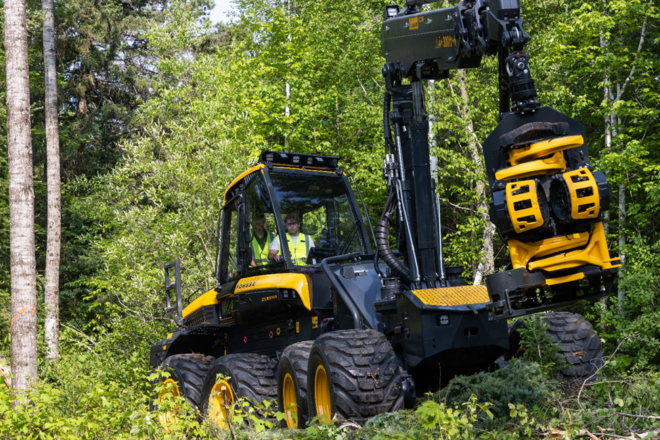Talking to Students – The Next Generation of the Forest Industry

A few weeks ago, I was invited to speak to forestry students at the University of Maine about forest markets and the interconnection of the supply chain. It was a valuable experience for me (and hopefully for the students), and something all FRA members should consider doing.
The class I spoke to was upper-level students – juniors, seniors, and master’s degree candidates. They have done the base work of forestry and will soon be launching their careers as members of our industry. I found that they had great questions and insights and wanted to understand what forestry might look like for them in a few years.
Some observations:
- I was pleasantly surprised with how much thought these students have given to working with loggers – and how they need to be partners with them to conduct forest management. (Note – FRA’s schematic on the forest industry supply chain helps reinforce how the entire industry is interconnected.) What was not clear is that they understood the enormous challenges that loggers face – workforce, high capital costs, their paycheck being dependent upon the weather – and a better grounding in this would serve future land managers well.
- Forestry students are not business majors, and we should not expect them to be. However, the forest industry – from the seedling to finished products – is a business. We need to make sure that the fundamentals of business – economics, supply and demand, relationships – are part of a complete forestry education.
- Students see forestland as timber – and much more. They were actively thinking about ecosystem services (water, wildlife, oxygen, carbon, and more) and – importantly – how to get those that benefit from these services to provide financial support. Of course, this is not new – and we all know easier said than done – but it was an interesting insight into discussions we might be having in five or ten years.
- There was a lot of discussion of the role of carbon – and carbon markets – in the coming years. We all have thoughts on this (some based on outdated information), but it is clear that addressing carbon storage – and making money from it – is something that the next generation of foresters expects to face during their careers.
- Students expect their careers to be filled with constant change and crave new challenges. The people I spoke to wanted to know the reputation of certain companies for innovation, discuss the role of technology in forest management, and think about ways to bring new thinking to an established industry. They were honestly asking about how they could shape the future of forestry, and want to work for firms that give them the combination of structure and freedom to do that.
I spoke for about an hour, and then had an outdoor, socially distant lunch with a half-dozen students who wanted to keep the discussion going. Obviously, we discussed far more, but these were my observations a week after serving as a guest lecturer. I would urge FRA members to think about contacting the forestry school near them – or their alma mater – and seeing if an opportunity exists to speak with students. Not only will you get an opportunity to share some real-world observations with students, but you will get a unique and informative view into the future of our industry.


